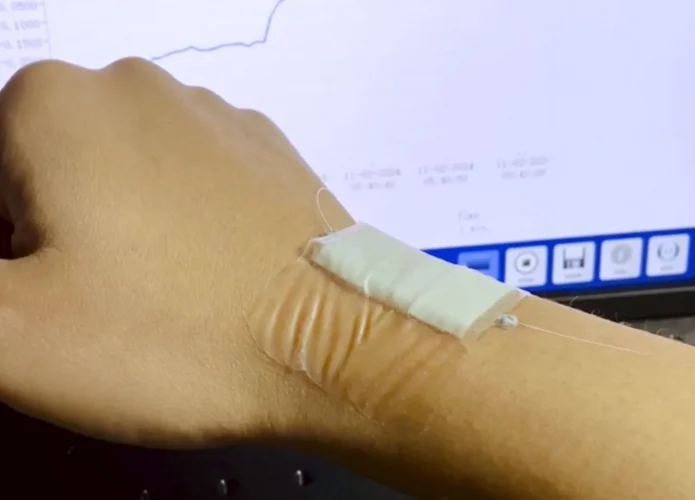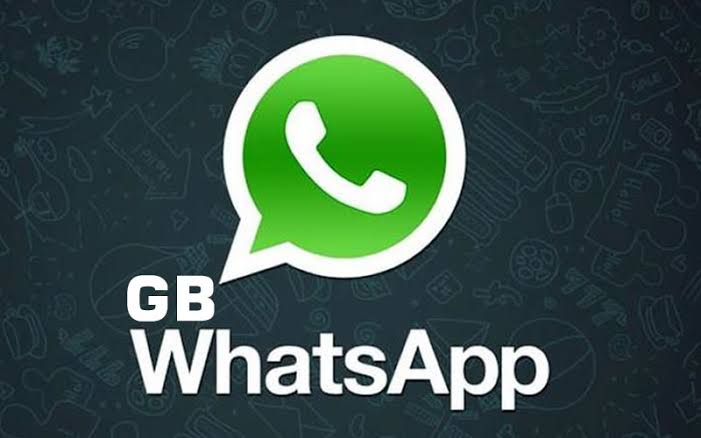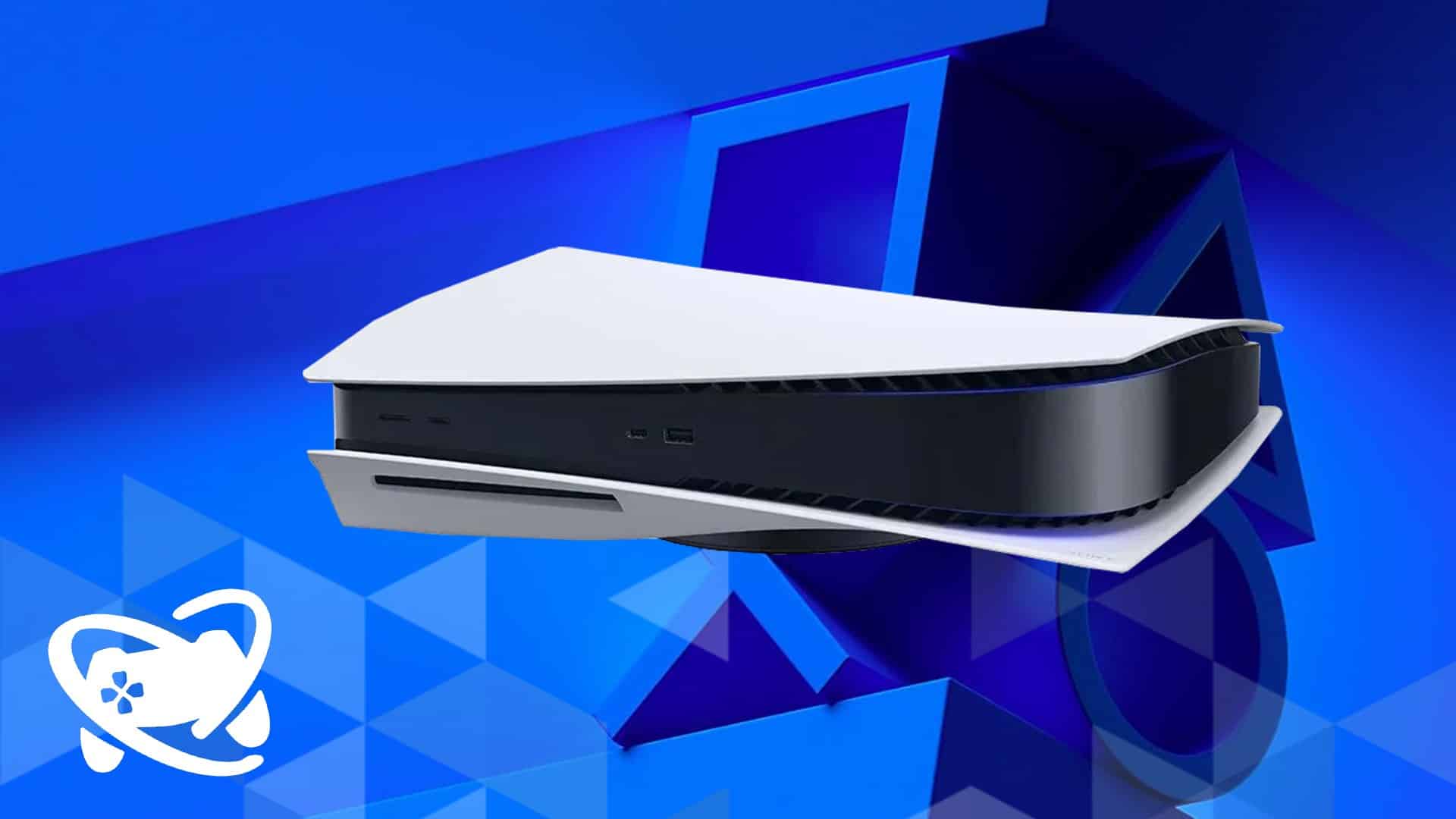
A breakthrough in assistive technology has been made behind a new experimental device that offers the promise of communication for people affected by strokes by allowing them to “speak” through precise hand movements. Developed by a team of Chinese scientists, it is wearable, featuring a thin, flexible adhesive design that adheres to the skin at the back of the wrist.
This technology can capture minimal gestures that would normally go unnoticed. Unlike other solutions such as sensory gloves, the device not only detects subtle movements, but also allows the hand to remain free to sense and interact with the environment.
Read also:
Made from dimethylsiloxane (PDMS) silicone – a soft, flexible, biocompatible material – the device incorporates Fiber Bragg gratings (FBGs), which change the properties of the light transmitted through them when they bend with the movement of the wrist or hand.
“Feeling” fine hand movements
Dr. Quanxin Teng from Guilin University of Electronic Technology highlights the effectiveness of combining PDMS and FBGs. He explains that adjustments to the thickness of the silicone can increase the sensitivity of the sensor, allowing the detection of very subtle movements, such as a slight bend of a finger or a twist of the wrist.
This exceptional sensitivity made Morse code communication possible during tests, after quick individual calibration. Researchers are now focusing on improving the technology, seeking to miniaturize the device, increase its durability, and improve wireless connectivity with mobile devices.
In addition to facilitating communication for stroke victims, the device has the potential for applications in health monitoring, sports and entertainment (in video games, for example). The study was published in the journal Biomedical Optics Express.
via New Atlas

“Web geek. Wannabe thinker. Reader. Freelance travel evangelist. Pop culture aficionado. Certified music scholar.”






